Published
- 07:00 am
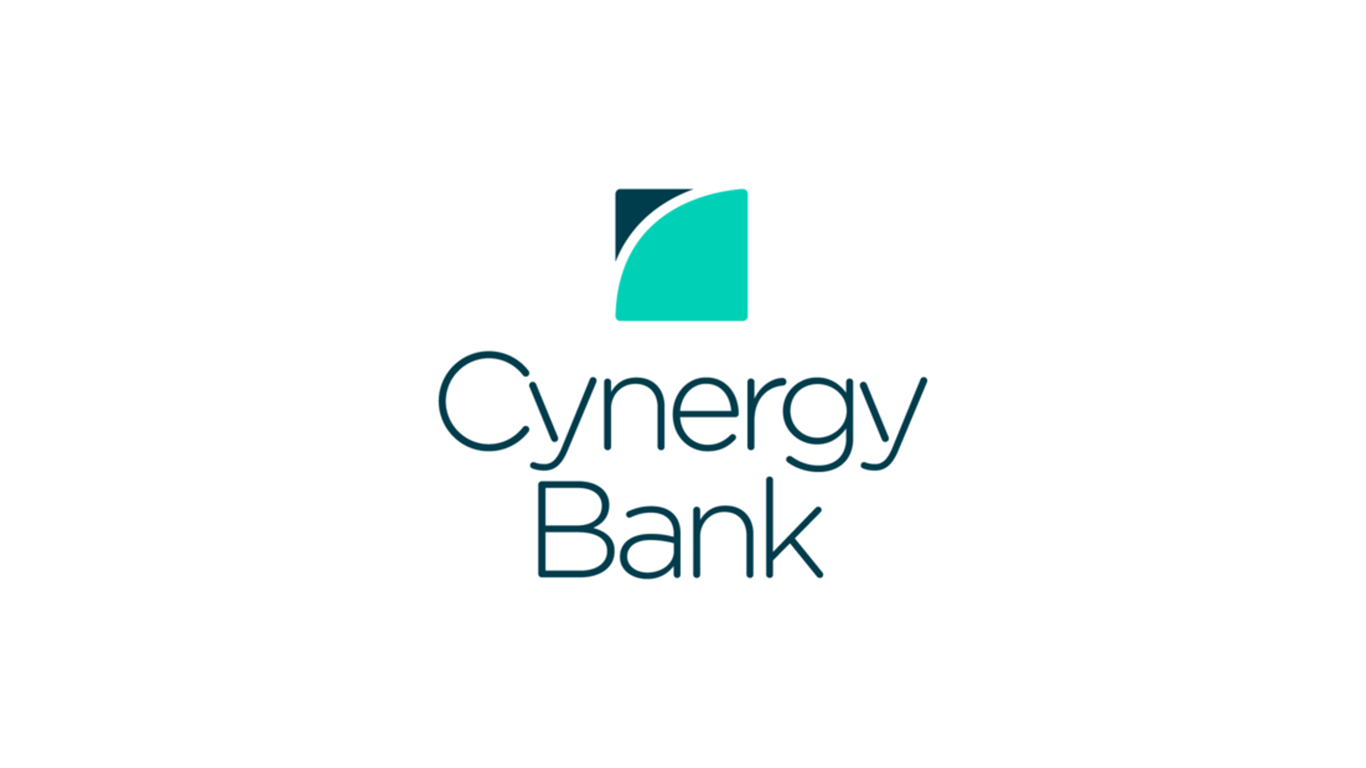
Cynergy Bank’s North Office celebrates its five-year anniversary by posting record lending volumes for 2021. Opened in May 2017, with just two employees, the Manchester office ended 2021 having advanced over £150m of new lending last year alone. The team, based in the Spinningfields District of Manchester, now comprises 30 employees. This includes a team of 10 lending into the Property and Commercial sectors and 20 employees focused on asset-based lending through its subsidiary Cynergy Business Finance, which began operating mid-way through 2021.
2021 saw new lending to the Property Sector of over £100m and over £35m in the fast-growing business and commercial sectors. In total, across 2021, the North Office funded over 1,000 residential units including Houses in Multiple Occupation (HMO) purpose-built student rooms, and newly built apartments. In addition, transactions included 823 care home beds and 261 hotel rooms. The lending assisted customers with new acquisitions to aid expansion plans, refinance of existing assets to raise new equity for future investment and the development of existing portfolios.
New customers included leading residential developer DeTrafford, and within the care sector, Renal Health and The Careline Lifestyle.
The DeTrafford Group is one of the North West’s most prominent residential developers. A £9m loan was provided to assist with the refinance of a completed development at Cavendish Place in Bowdon, near Hale. This is a prestigious and highly sought after village within Cheshire’s ‘golden triangle’ with 15 high specification, two, three and four bed properties – split over 12 apartments and three fully self-contained houses. Having developed the properties, the group were keen to retain some units as part of their strategy to build a longer-term investment portfolio.
Renal Health received a loan of £12.5m to assist with the acquisition of Century Healthcare Limited which resulted in the group expanding their operation from one large specialist home to 9 care homes with 321 beds. Renal Health Limited are leading providers of high-quality nursing and residential care, based in the North-East and North-West of England. The debt package included an element of CBILS funding, the Government backed scheme to aid businesses through the Covid pandemic.
Cynergy Bank also advanced £17m to The Careline Lifestyles Group. The Careline Lifestyles Group, established in 1986, is highly regarded and independent provider of high-quality nursing and residential care, based in the North-East of England. Offering a total of 271 beds, the Group specialise in acquired brain injuries, neurological issues, learning and physical disabilities as well as residential and social care for the elderly. The loan refinanced the portfolio of 9 homes and will assist with future expansion plans.
Rob Dawson, Director Property Finance, North, Cynergy Bank commented, “We pride ourselves on working with our clients to understand their business needs and aspirations. With our local, skilled relationship managers, we quickly learn our client’s needs, we understand the market and, unlike mainstream lenders, can deliver certainty at speed. The digital transformation underway at Cynergy will enhance this further and our aspiration to deliver £1bn of new lending across the north is well on track.”
Related News
- 01:00 am

The Chartered Institute for Securities & Investment (CISI) is pleased to announce the appointment of Katie Errock ACSI as President of the CISI’s Isle of Man branch.
Katie Errock has over 12 years of experience across financial services and investment management, for a variety of internationally regulated firms on the Isle of Man.
In 2021 she joined Burnbrae Limited as Company Secretary, with responsibility for corporate governance spanning a variety of listed and unlisted entities.
Prior to joining Burnbrae, Katie (left) was employed as Product Development Manager for Fiera Capital, overseeing the firm’s European product offering and fund range proposition.
She holds a first-class honours degree in Accounting and Finance and is an Associate of the Chartered Institute for Securities & Investment. Katie is currently undertaking a Global MBA (Finance) with Queen Mary, University of London.
On her appointment, Katie said: “I am delighted and honoured to have been appointed as IOM branch president. I look forward to supporting the island’s members in 2022 and beyond with CISI initiatives, activities and CPD events. A huge thank you is also due to Tim Boles for his leadership since 2019 and continued support.”
Kevin Moore, Chartered FCSI, CISI Global Business Development Director said: “It’s a pleasure to welcome Katie as President of our Isle of Man branch and we very much look forward to supporting her, the committee and local membership in their activities for this year. I would also like to offer our thanks to Tim Boles, our outgoing President, for the time and dedication he has given to the branch and membership over what has been a very difficult period.”
Related News
- 07:00 am
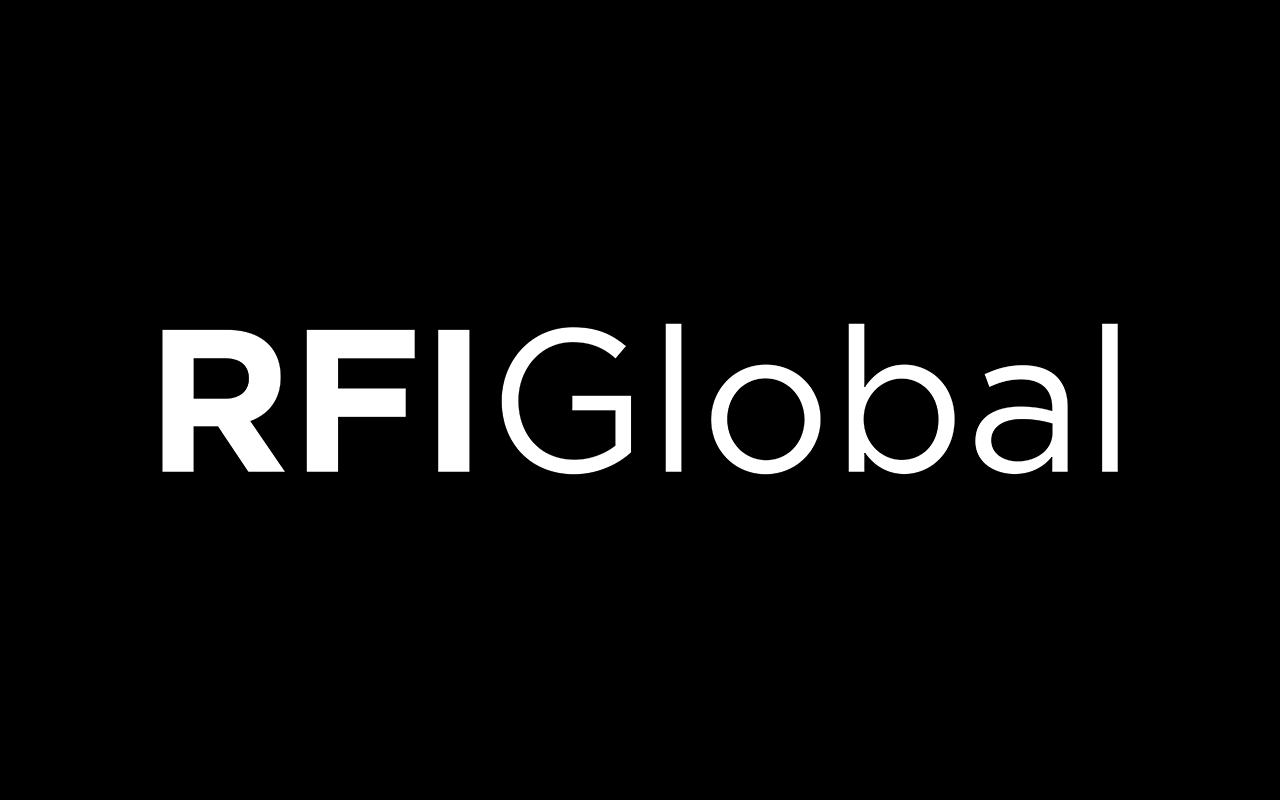
Limited window for banks to leverage higher trust advantage and compete with Fintechs
Millions of consumers globally are now choosing Buy Now Pay Later (BNPL) services as a more responsible way to manage the cost of their online and in-store purchases according to their own cash flow, compared to alternatives like credit cards.
A new report into the attitudes and use of BNPL credit across Europe, Asia Pacific and the US, ‘The Global State of BNPL: How banks and providers can champion customer interest’ was released today by RFI Global, the only global data and insights consultancy exclusively for financial services. It finds that rather than leading people towards a dangerous spiral of debt, BNPL is helping them to better manage cash flow by offering short-term interest-and fee-free products, thereby avoiding revolving credit card debt and bank charges.
RFI Global’s BNPL Tracker surveys over 14,000 consumers across 11 countries in Europe, Asia Pacific and the US twice a year about their attitudes towards, and use of, financial payment services such as BNPL.
What appeals to shoppers most when they choose the BNPL option at checkout (across all markets surveyed) is: no interest charges (33%), convenience (33%), improved cash flow management so that they can pay other expenses (28% globally) and helping them to budget (31%).
Consumers surveyed by RFI Global display a level of aversion to debt and do not want to buy things they cannot afford, even ranking this as one of the key reasons why they do not use BNPL. Standard Chartered’s ‘Future Money” survey found that since the pandemic, people around the world were most concerned with ‘Meeting their daily expenses’ (37%). Rising inflation will further increase the efforts people make to better manage their money.
“The majority of BNPL users are millennials who want to manage their money more efficiently and avoid debt,” said Kate Wilson, Global Head of Consumer Credit, Deposits and Payments at RFI Global. “Indeed, our research suggests that most BNPL users are averse to debt. They want to buy what they can afford and are aware of the dangers and cost of credit.
“BNPL’s simple credit model provides a convenient way for them to spread the cost of some purchases over several weeks or months in equal payments, assisting with budgeting without resorting to a loan, going overdrawn or putting the expense on credit cards. They can buy what they want, when they want, and take full advantage of promotions or sale items.”
Best interests at heart but trust still to be earned
Despite BNPL’s growth, consumers trust banks more than they do the pureplay BNPL providers such as Afterpay, Clearpay, Klarna and Affirm, the RFI Global report finds. Overall they feel that the fintechs have their best interests at heart and don’t associate them with having hidden fees and charges. Satisfaction scores tend to be high with these pureplay providers, which makes it extremely likely that they’ll use the services again.
In the UK for example, consumers surveyed feel that a BNPL service offered by a bank would be more secure (36%), more widely accepted (31%), and more reliable (31%). More than half (53%) of consumers would consider a BNPL service offered by a bank extremely appealing compared to 35% who rate a dedicated third party BNPL provider the same.
“The high degree of consumer trust in banks presents an opportunity for them to launch their own services,” suggests RFI’s Wilson. “Some banks are already dipping their toes in - such as Barclays through its partnership with Amazon - and many more are considering the launch of BNPL services. To compete, banks will need to leverage their trust advantage and improve upon the focus that the fintech providers place on providing a great customer experience. They will also need to remain competitive on price and other incentives. Banks have a limited window of opportunity to do this before fintech BNPL brands win customer trust and loyalty themselves.”
Barriers for banks
However, the report highlighted some barriers for banks to overcome. In particular, the perception that a bank-offered service would be more expensive (35%), more complicated to use (24%) and would offer fewer offers and promotions (23%).
There are also worries about credit score impact and hidden fees. In France for example, 45% of consumers are worried that simply using BNPL might impact their credit scores (compared to 4% in the UK and 5% in the USA). More than a third of French respondents (37%) don’t trust themselves to make regular scheduled payments (compared 5% in the UK and 9% in the US).
Other report highlights:
- No-interest, no-fee and convenience have boosted BNPL uptake - In Australia, Canada, Mainland China, Mexico and the UK, no-fee or interest is the leading reason for using BNPL. Whereas in France, Hong Kong, India, Singapore and the USA, it is convenience that drives usage. This payment experience and ease of checkout is important to encourage repeat usage.
- Against a backdrop of soaring inflation, consumers likely to repeat use BNPL for bigger ticket items as well as household expenses - although online retail dominates BNPL purchases - particularly fashion where 1 in 5 online purchases in Australia were paid through BNPL last year - consumers are interested in using it for higher value items such as electrical goods, household appliances and furniture. Further, around a third of consumers in Australia and the UK have indicated they would use BNPL to pay for everyday expenses such as household bills (38% in Australia, 34% in the UK), groceries (37% in Australia, 29% in the UK) and petrol (27% in Australia and the UK).
- Frequent users willing to pay a fee for excellent experience - frequent users of BNPL are finding so much value in using it as a payment option that 47% of BNPL users in the UK and 49% in Australia say they would still use the provider if fees were attached to it.
- Try and buy - a third of consumers globally used BNPL because they wanted to ‘give it a try’. Trial is a strong driver of usage in more nascent BNPL markets where dedicated BNPL services have only recently emerged, in particular India (45%), Singapore (43%) and Hong Kong (40%).
- Younger consumers turning to BNPL - There is a sharp distinction for BNPL usage among millennials (aged 26-41 years) and Gen Z (aged 18-24 years). In maturing markets consumers aged 25-34 years are proving to be early adopters, with India (74%) and the US leading the way (61%). In Mainland China and India, Gen Z have flocked to BNPL with 89% and 73% of consumers under 25, respectively, using the service. In Australia, over 60% of millennials have used BNPL. Meanwhile, in Hong Kong, the greatest uptake has been among consumers aged 45-54 years.
- Asia’s baby boomers joining GenZ - Surprisingly, RFI Global research indicates that alongside Gen Z users, there is also high uptake among baby boomers across Asia who are keen to try the BNPL trend. 61% of people aged 55-64 years and 77% of people older than 65 years in Mainland China - where Ant Check Later and WeChat FenFu are the top 2 brands - compared to 63% (55-64 years) and 50% (65+ years) in India and 39% (55-64 years) and 22% (65+ years) in Singapore.
- Online dominates but in-store use is growing - globally most people are using BNPL when shopping online, but there is growing in-store use, particularly in Mainland China (over 50%) and Australia where BNPL is accepted in most stores. Creating a better in-store experience and growing awareness of acceptance for in-store will be key to further uptake for offline purchases.
Related News

Omar El-Gazzar
FX Dealer at Crown Agents Bank on CBE
“A big morning for the Egyptian Pound today; the Central Bank of Egypt has unexpectedly raised interest rates by 100 basis points in a surprise meeting held this morning. see more
- 01:00 am
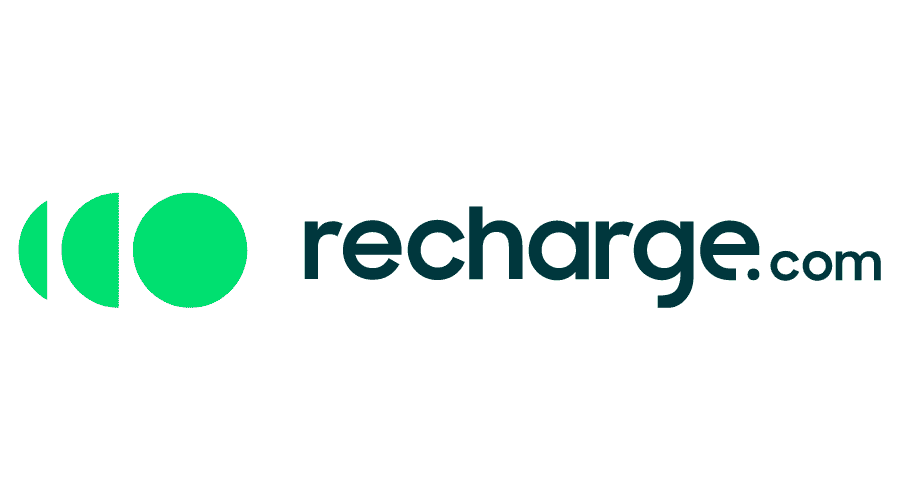
European branded payments company Recharge.com today announced the launch of its services in Australia. The fast-growing fintech firm, which specialises in digital gift and prepaid cards for brands including Netflix, Spotify and Xbox, is rolling out its services amidst regulatory changes in the buy-now-pay-later (BNPL) and the gift card sectors.
In Australia, digital technologies have seen a consistent surge, with 55 million non-cash payment transactions worth $650 billion happening every single day. The nation is home to some of the world's largest BNPL firms, including Afterpay, which holds nearly 70 per cent of the market share of BNPL transactions, with 16.2 million international customers, including 3.3 million in Australia.
BNPL has exploded in recent times, with the Reserve Bank of Australia reporting that the value of such transactions has more than tripled over the past five years. However, many BNPL firms fail to check credit scores, opting instead to put a cap on late fees to stop a user from spending after they skip a payment. Also, 55% of BNPL users in Australia are under the age of 40.
The Australian Securities and Investments Commission has shown that one in five customers missed BNPL payments in 2018-2019. To introduce more oversight around the sector, Australia’s central bank announced stricter regulation in October 2021, meaning that firms like Afterpay would no longer be able to stop merchants from passing on surcharges for their services.
Alongside these measures is a rising interest in the Pay Now Buy Later (PNBL) sector, driven by branded payments and gift cards that can be purchased upfront and used at a later date. The adoption of gift cards spiked during the COVID-19 pandemic, with major employers incentivising staff through providing such cards that employees could use for shopping, entertainment and call credit.
This trend was accelerated by the Australian government’s announcement that gift cards bought after November 2019 must expire three years after the date of purchase instead of having a one-year validity. This increased momentum for the gift card sector, which is now set to increase by 12.2 per cent annually.
The trend bodes well for Recharge.com, a one-stop-shop marketplace of various categories of branded payments, including call credit, data bundles, shopping, entertainment, gaming, and prepaid money.
Commenting on the company’s entry into Australia, Günther Vogelpoel, CEO of Recharge.com, said, “We are thrilled to be expanding into Australia and to offer consumers safe and smart ways to access a wide variety of services and experiences. The pandemic has increased the human need for connection, often through entertainment and gaming, and we are proud to be helping consumers to access the things that matter to them while remaining secure online and within household budgets.”
One of Recharge.com’s competitive advantages is that unlike local websites and other global brands operating in the market, the fintech firm is offering a well thought out, seamless, next-level user experience that takes in local preferences and requirements through its platform’s design and functionalities.
Founded in 2010 and headquartered in Amsterdam, Recharge.com is fast gaining ground in the world of branded payments, a rapidly growing $3+ trillion industry that is being heavily disrupted by digital. The growing ubiquity of digital gift cards and top-ups is driven by multiple factors, including high smartphone penetration, the rise of e-wallets and alternative payment methods — all accentuated by the COVID-19 pandemic and the growing need for privacy in digital cross-border transactions.
Related News
- 07:00 am
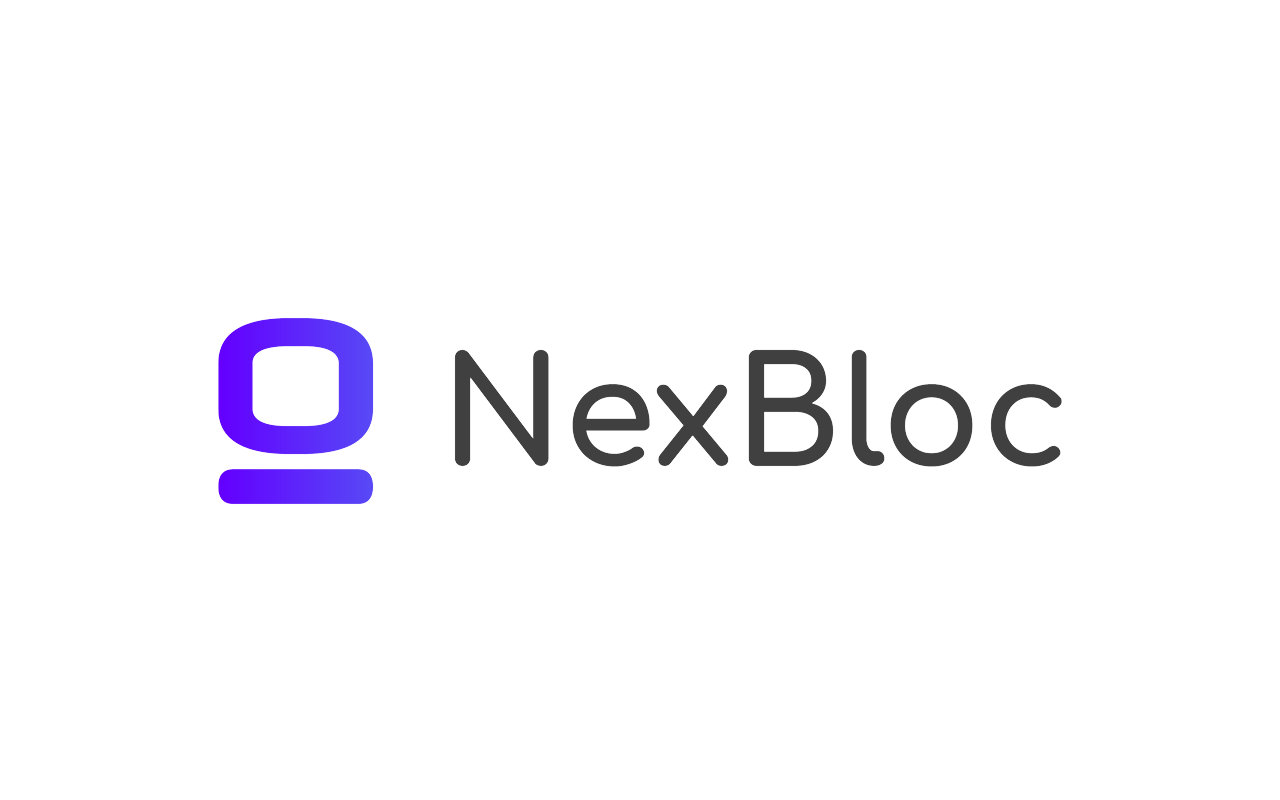
All purchases of .freedom domains will contribute to a better world, beginning with support for the Ukrainian war victims.
NexBloc today announced the creation of the .freedom blockchain top-level domain (bTLD) for use in Web 3.0. Anyone worldwide can purchase .freedom domains such as yourname.freedom with net proceeds going toward global humanitarian aid. Immediate use of funds will focus on bringing relief for Ukrainian war victims.
NexBloc is developing infrastructure for the decentralized web with their blockchain domain naming system (bDNS) to make Web 3.0 a usable ecosystem of connected websites and applications. They use an omnichain approach by creating root domains on core blockchains and then interconnecting any blockchain to use a consistent naming path. The core blockchain for the .freedom bTLD will be selected from a group of short-listed blockchains and form the basis for all NexBloc's cause-based projects.
The 2022 goal of the project is to drive one million buyers of .freedom domains with net proceeds delivered to cause entities like the International Red Cross and others. Over $50 million in funding will have been distributed when this goal is reached. In addition to contributing to a worthy cause, buyers will have full rights to all that blockchain DNS delivers. Now and in the future, this includes human-readable cryptocurrency wallet addresses, decentralized email, access to distributed storage for timeless access, digital asset naming such as art NFTs and much more.
The creation of .freedom domains is also completely trackable and auditable, ensuring that funding can be traced for delivery to the cause entities. Domain buyers will be assured that the funding they provide goes to causes.
Dana Farbo, Founder and CEO of NexBloc, stated, "Freedom is a core tenant of the decentralized web. The freedom to own your data and be free from centralized censorship. The freedom to access information anywhere you get the internet without government restrictions. This is part of our long-term mission of bringing all into a freer world. With the .freedom project, we hope to be a major part of aid delivery to Ukrainian war victims and global humanitarian causes forever."
NexBloc is also calling for Partners to join the cause. Their system contains close to 100,000 protected domains that may be trademarked so are not offered for public sale. Any company that wants to contribute can validate they own the trademarked name and will be allowed to acquire that domain. NexBloc will also add a list of supportive decentralized ecosystem partners and encourages all to join.
Related News
- 01:00 am
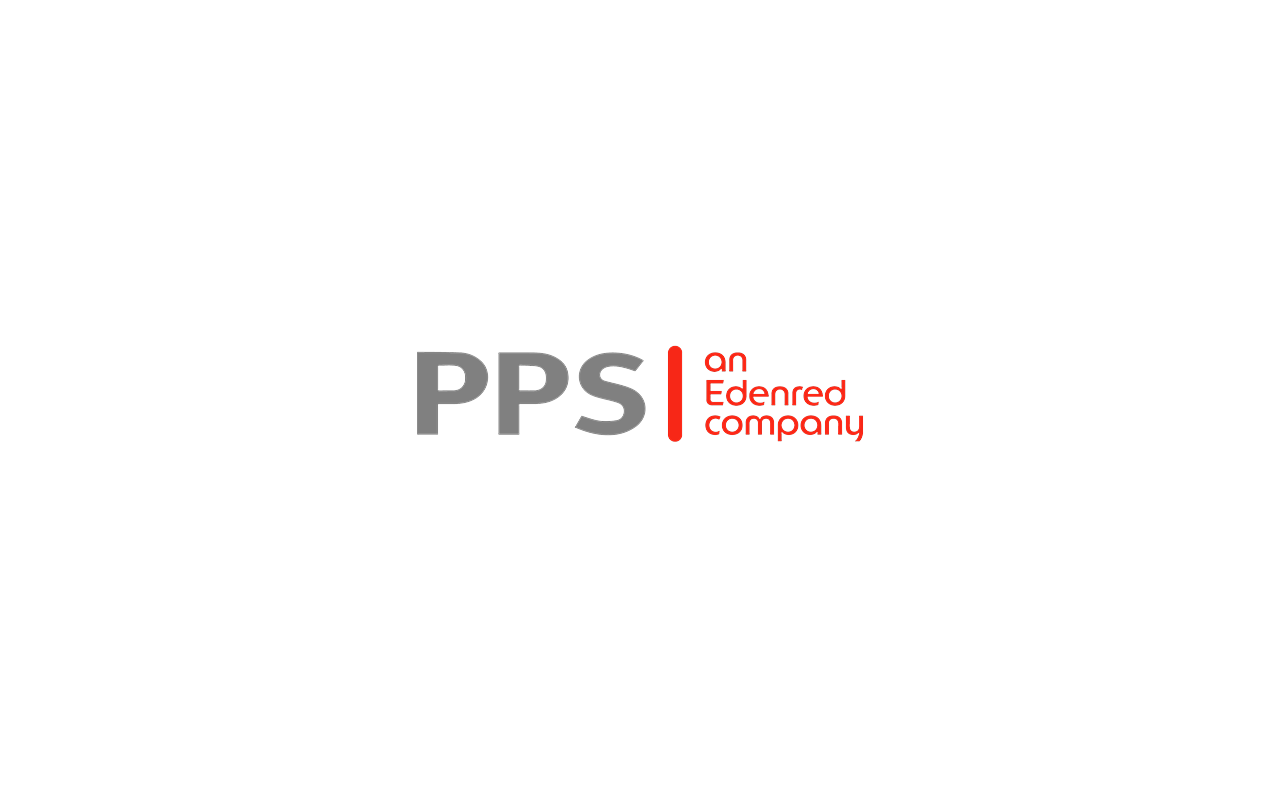
PPS, an Edenred company, and the UK and Europe’s market leading payments provider, today announces the appointment of Andrea Keller as Managing Director.
Andrea Keller is an experienced payment professional, having worked in the industry for more than 20 years at PPS’s parent company, Edenred. He joins PPS from the position of Managing Director for Edenred Pay in Latin America, focusing on payments and fintech solutions.
A passionate executive who delivers business growth in dynamic and fast changing environments where technology and people are key to success, Andrea brings extensive experience in payments and B2B markets.
Commenting on his appointment, Andrea Keller, Managing Director of PPS, said: “PPS is well-known as the UK and Europe’s Payment Partner of Choice, so this is a very exciting move for me. I’m keen to get started helping the business drive scalable growth and continue to be at the forefront of the payments market.”
Gilles Coccoli, Edenred’s Chief Operating Officer responsible for Payment Solutions and New Markets, added: “This appointment marks the start of the next chapter of innovation and growth for PPS. Andrea has a proven track record in delivering business growth across European and international markets, so we are very excited to welcome him to the team. His vast experience will serve PPS’s development ambitions.”
Andrea succeeds Ray Brash who has served the business for 18 years and has been instrumental in growing the company to where it is today.
Related News
- 06:00 am
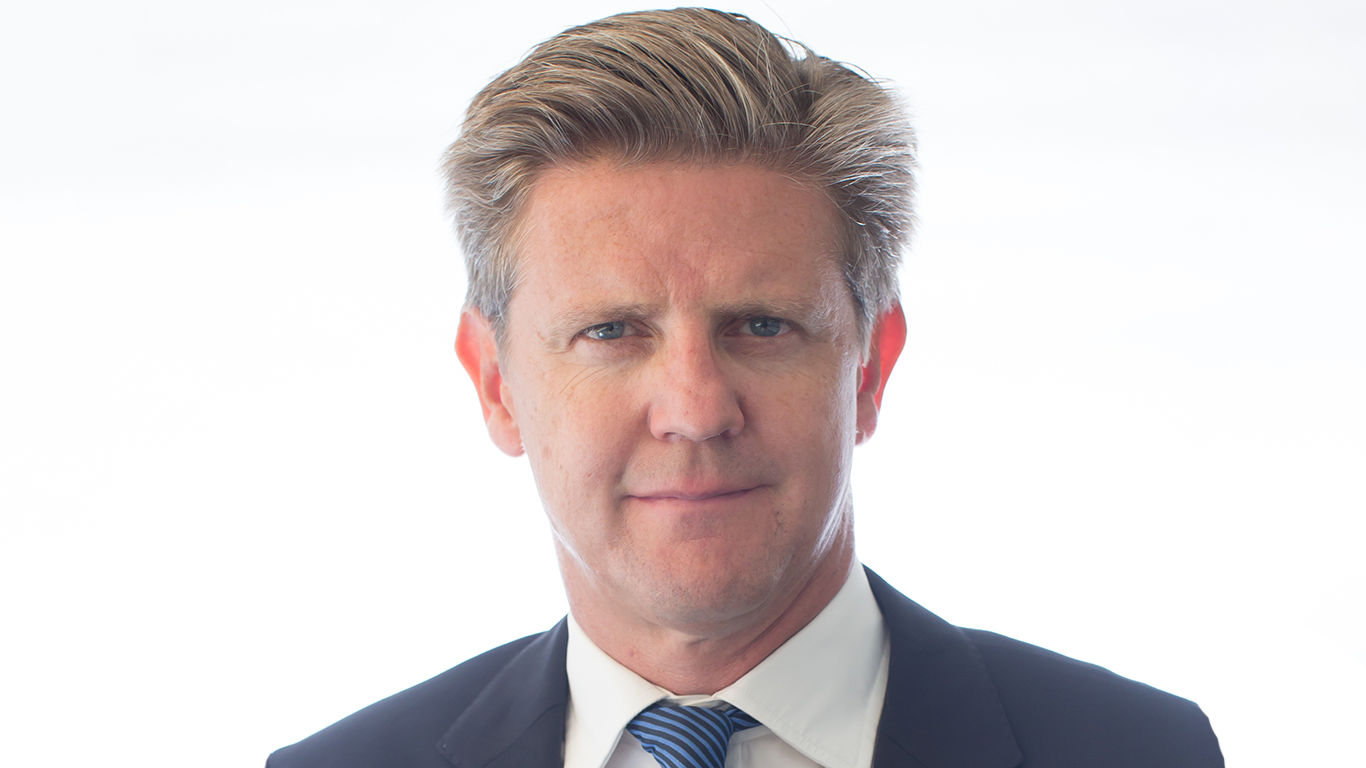
TrustQuay, the global leader in technology for corporate services, trust, and alternative fund administration markets, has today announced an agreement with ZEDRA to adopt TrustQuay Portal, which enables corporate services and trust administrators to deliver their clients a unified view across all of their structures and provides access to this information anywhere, anytime and on any device.
ZEDRA and its clients will also benefit from online 24x7 access to data such as entities and billing information as well as two-way messaging and document sharing, with the portal interface carrying ZEDRA branding to deliver a personalised client experience. Unlike generic third-party tools, the portal plugs straight into ZEDRA’s existing TrustQuay system, making it easy to implement for staff, avoiding a long and complex integration project and delivering a quick roll-out to clients.
Research by TrustQuay has shown that increasing client engagement through portals is now firmly on the agenda within the sector. Its recent Future Focus Report survey found that only 16% of firms currently have a portal in place, but a further 60% are either implementing a client portal or are considering doing so in the future.
Estelle Spiers, Group Head of Technology & Operations at ZEDRA, comments: “As a longstanding customer of TrustQuay, we are very excited to adopt TrustQuay Portal, which we believe will be a major innovation in terms of allowing us to digitally transform our end-client engagement and meet the increasing digital demands from clients.
“Our last client survey told us that digitally accessing data such as structures and billing information, as well as two-way messaging and document sharing in a highly secure and private way are top-of-mind for our clients. The TrustQuay Portal is a robust and secure solution that addresses all of these areas. Moreover, the plug and play nature of the TrustQuay Portal into our core engine TrustQuay NavOne de-risks the cost of the installation and client roll-out.”
Keith Hale, Executive Chairman of TrustQuay, comments: “We are delighted to extend our partnership with ZEDRA, working together to reimagine their client experience by offering access to information and documents in a controlled and secure way. It’s great to see ZEDRA pushing ahead of many other firms in the Corporate Services and Trust Admin industry in terms of digital engagement with clients. I’m sure we’ll see that statistic of 16% of CSPs with a Portal increase dramatically in the next two years.”
Related News
- 07:00 am
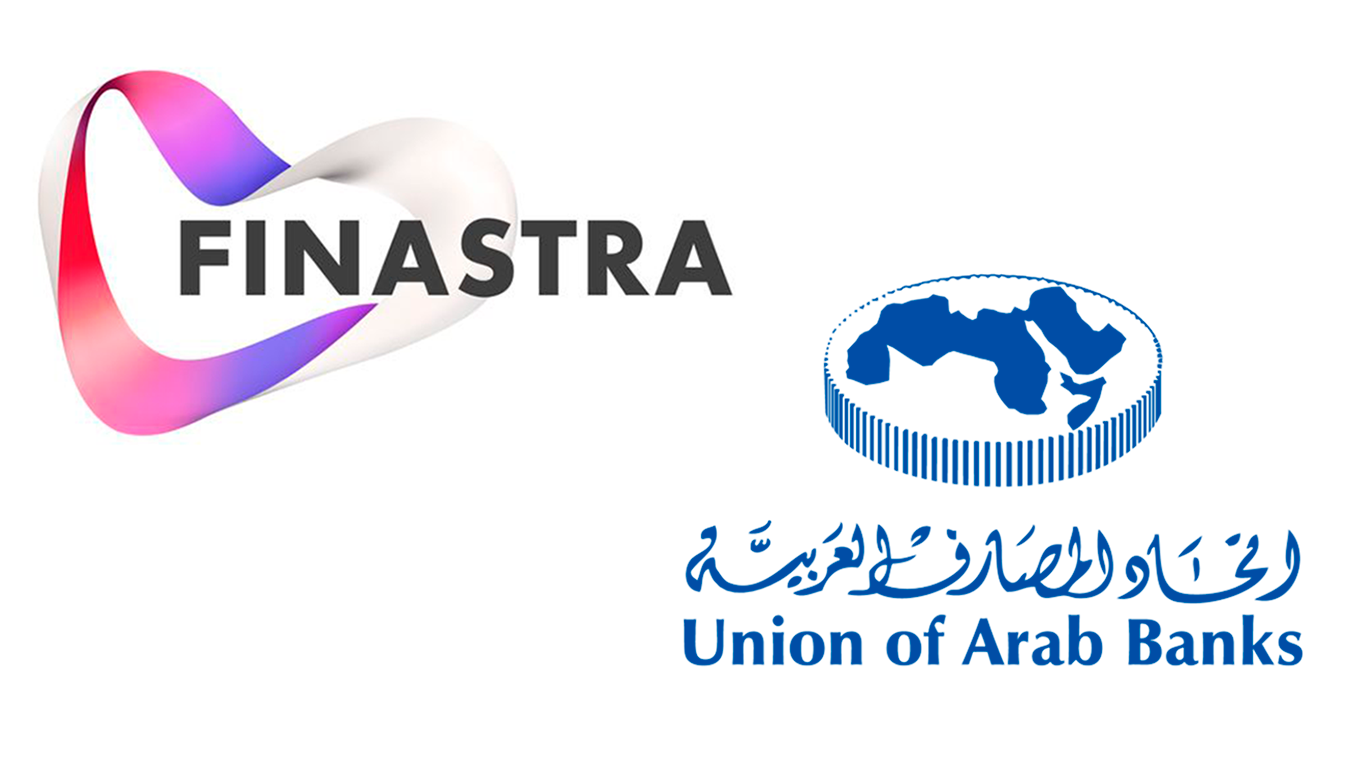
Partnership will see the development of a model digital bank, licensed to Union of Arab Banks members to help them transition into digital banking
Finastra today announced its collaboration with Union of Arab Banks to help banks across the Arab League member states offer enhanced digital services to their customers. The partnership combines Finastra’s universal banking solution with Union of Arab Banks’ extensive ecosystem of banks. The resulting model digital bank, which will be conceptualized, created and developed by Finastra and UABdigital, the Union’s digital arm, will be licensed to Union of Arab Banks members to help them accelerate digitalization while minimizing costs and time to market.
According to research by UABdigital, 78% of Arab state banks say they are “well on their way” with digital. However, resource management remains a central challenge. The model digital bank, which has so far received interest from 35 banks, will help to solve this challenge by providing a shared ecosystem of assets which allows a group of banks to invest in the same solution. It will be connected with Finastra’s open development and innovation platform, FusionFabric.cloud.
Suleiman Barada, Senior Advisor and Head of UABdigital said, “Building a truly digital bank can be time-consuming and costly for many of our member banks. With Finastra, we’ve identified a need to simplify this undertaking to help accelerate the pace of digital transformation for banks across the Arab states. This will enable them to meet the expectations of their customers now and for the next generation. Based on a mutual focus around open banking and digital transformation, our collaboration with Finastra will help our members to remain competitive. We intend to work closely with regulators to ensure compliance by design, helping to expedite adoption.”
The core-agnostic solution will be Application Programming Interface (API)-enabled, allowing banks to use the functionalities they need and build integration layers on top for localization, customization and regional compliance. It will incorporate supplementary capabilities, such as Open Banking readiness and Central Bank Digital Currency (CBDC) proofing. The model digital bank will also be designed to enable the fulfilment of several of the UN’s Sustainable Development Goals (SDGs).
Ahmed Khalifa, Director, Partners & Ecosystem MEA at Finastra said, “The Union of Arab Banks plays an essential role in the Arab financial and banking community by fostering collaboration and keeping up with the latest innovation trends. Combined with our expertise in Open Banking, BaaS and our open platform, FusionFabric.cloud, as well as our significant global and regional customer footprint, we believe that together we can help banks to offer innovative banking services, with agility and speed. We are excited to work with the Union of Arab Banks to roll out a model digital bank for the Arab banking community.”
Related News
- 03:00 am
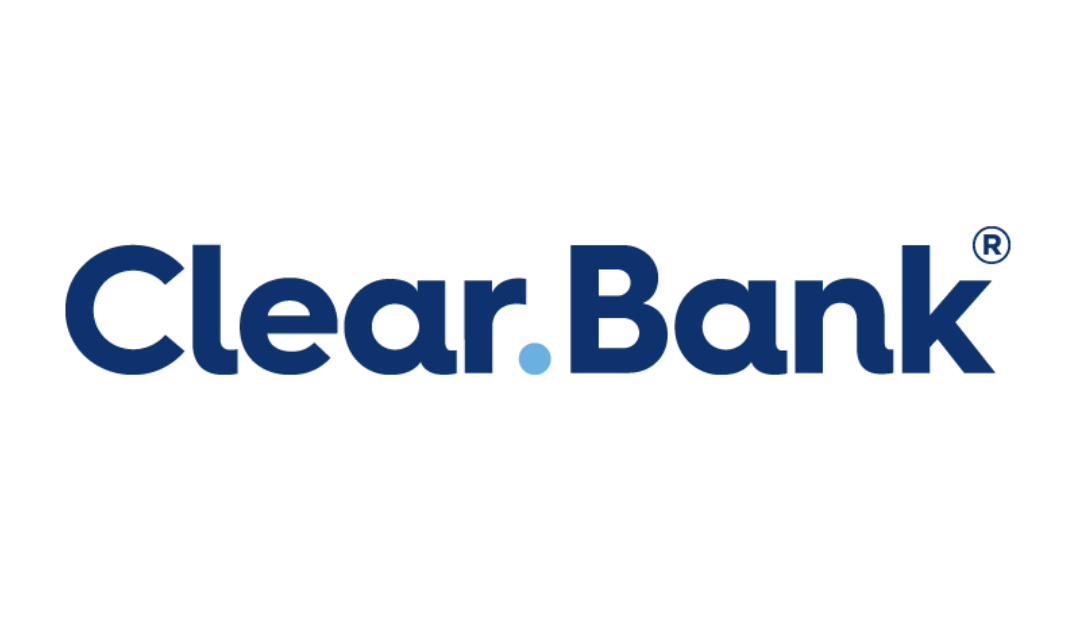
· ClearBank is the #1 ranked fastest-growing UK fintech according to Deloitte
· Investment will accelerate ClearBank’s international growth and expand its range of product and services
· ClearBank’s embedded banking platform is the UK’s largest, with more than 200 financial institutions and fintech customers, 13m bank accounts, and £3bn held in balances
ClearBank, the largest next-generation clearing and embedded banking platform in the UK, today announced a £175 million equity investment. The round was led by funds advised by Apax Digital, the growth equity arm of Apax, a leading global private equity advisory firm. Existing investors, CFFI UK Ventures (Barbados) Ltd and PPF Financial Holdings BV, also participated.
The first new clearing bank in the UK in over 250 years at launch in 2017, today ClearBank is the only embedded banking platform delivering direct access to all UK bank payment schemes and providing bank accounts at scale - including FSCS deposit protection, with 13 million accounts and £3bn held in balances at the Bank of England. Today ClearBank serves more than 200 financial institutions and fintech customers including Tide, Coinbase, Chip and Oaknorth Bank. This rapid growth was acknowledged by Deloitte’s 2021 Technology Fast 50 awards which ranked ClearBank as the fastest growing fintech company in the UK.
The investment will accelerate ClearBank’s global ambition to power banking services for both financial institutions and non-financial brands, using its single API cloud-native embedded banking platform. The new investment will accelerate ClearBank’s global expansion, initially to Europe before moving into North America and Asia Pacific.
In addition, ClearBank also plans to expand its range of products and services to include direct API-based access to interbank payment schemes such as SEPA, enhanced multi-currency accounts, and additional FX services. These capabilities will allow ClearBank to support existing customers in scaling internationally and welcome new customers in multiple markets.
As the growth arm of global private equity advisory firm Apax, the Apax Digital team leverages the firm’s deep tech investing expertise, diverse global platform, and specialised operating experts, to enable technology companies to reach their full potential.
Charles McManus, CEO at ClearBank, said: “ClearBank is the first proven and fully regulated cloud-native clearing bank in the UK for over 250 years. Over the last five years we have demonstrated the success of our business model and through our work with leading financial service providers, helped to both unlock their potential and bring about positive and meaningful change for UK businesses and consumers.”
“Our revenue growth is the proof of the momentum we have been gathering since 2017. It is this proof point and our transformative effect on access to banking services, traditionally a space characterised by high barriers to entry, which has given us the credibility to partner with and deliver seamless and secure embedded banking for award winning financial institutions, powerful fintech disrupters and government bodies alike.”
“The next challenge is delivering this innovation globally. To achieve this, we needed a strategic partner with the right cultural fit, sector expertise and geographic experience, something we found in Apax Digital.”
Mark Beith, Partner at Apax Digital, said: “All companies are becoming fintech companies, and ClearBank is providing the clearing and embedded banking infrastructure for them – starting with fintechs themselves. We’ve seen the power of its platform first-hand, and we are excited to partner with Charles and the existing shareholders to take ClearBank global.”
Niccolo Ferragamo, Principal at Apax Digital, added: “Combining a banking license with a modern, agile and scalable embedded banking infrastructure is hard. Doing it at scale, and while delivering exceptional customer satisfaction, is truly special. ClearBank has been quietly building the clear next generation leader in the UK on all key metrics, and we are thrilled to continue innovating the category together.”
ClearBank was advised by Herbert Smith Freehills LLP. The investment remains subject to PRA and FCA approval.









